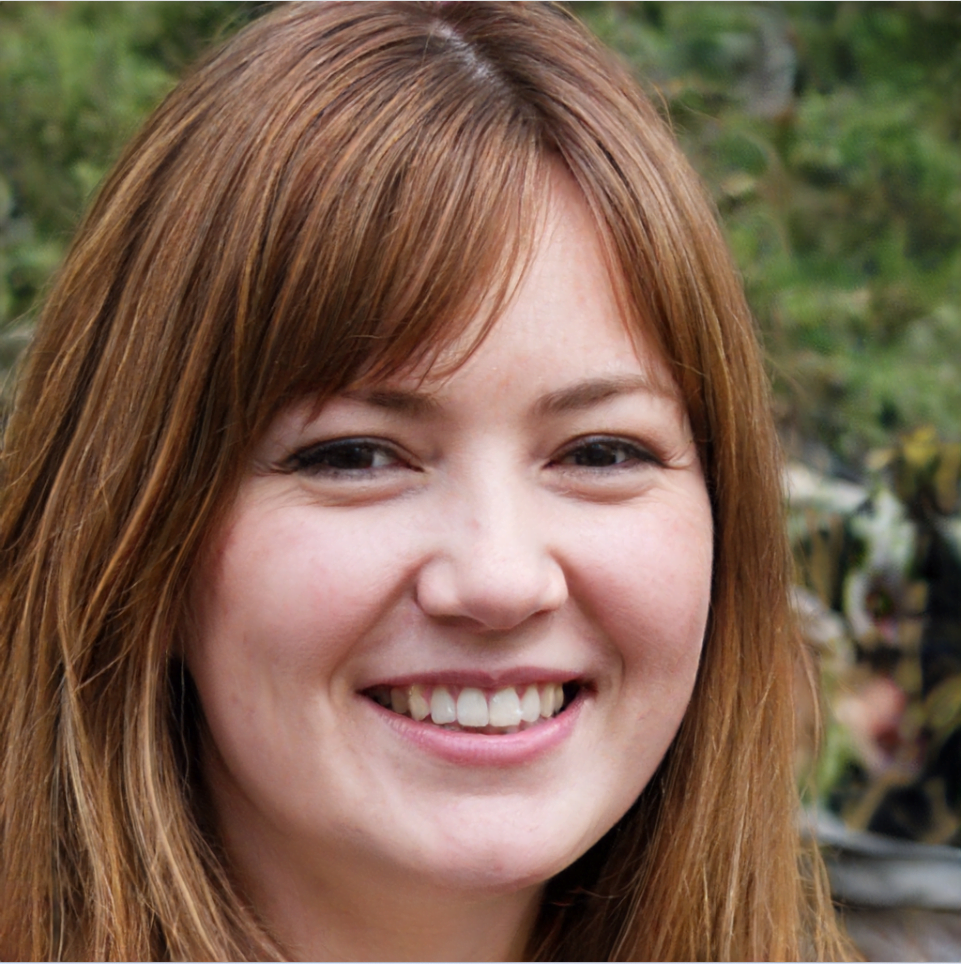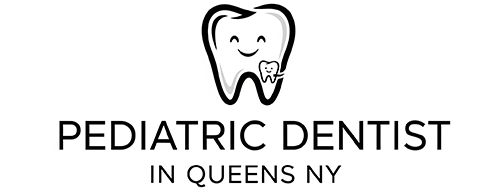Losing baby teeth is a significant milestone in a child’s development. This article explores the timeline, process, and tips for parents during this natural phase of growth.
Understanding the Tooth Loss Process
The Timeline of Tooth Loss
Children typically begin losing their primary teeth around the age of 6. The process usually starts with the lower central incisors and progresses to the upper central incisors. By the age of 12, most children have lost all their baby teeth, making way for their permanent teeth.
Reasons for Tooth Loss
Baby teeth fall out to make room for permanent teeth. This natural process ensures that a child’s mouth can accommodate larger, adult teeth.
The Role of Baby Teeth
Importance in Development
Primary teeth play a crucial role in a child’s development. They aid in speech development, maintain space for permanent teeth, and contribute to a child’s overall health.
Nutrition and Baby Teeth
Healthy baby teeth are vital for proper nutrition. They enable children to chew a variety of foods, contributing to a balanced diet.
Parental Guidance and Care
Monitoring Loose Teeth
Parents should monitor their child’s loose teeth to ensure they fall out naturally. It’s typically unnecessary to pull a tooth; natural shedding is the best course.
Oral Hygiene Practices
Good oral hygiene is essential even before the first tooth falls out. Regular brushing and dental visits are crucial for maintaining oral health.
Common Concerns and Solutions
Addressing Anxiety
Some children may feel anxious about losing their teeth. Parents can ease their worries by explaining the natural process and reassuring them.
Managing Discomfort
If a child experiences discomfort from a loose tooth, cold compresses and soft foods can help. Avoid hard or sticky foods that might cause pain.
The Role of the Tooth Fairy
Introducing the Tooth Fairy
The tooth fairy tradition can make losing teeth exciting. Parents can use this story to create a positive experience around tooth loss.
Tooth Fairy Ideas
Consider leaving a small gift or note under the pillow to celebrate each lost tooth. This can turn anxiety into anticipation and joy.
Dental Visits and Professional Advice
Regular Dental Checkups
Routine dental checkups are vital. They ensure that a child’s teeth are developing correctly and identify any potential issues early.
Professional Guidance on Tooth Loss
Dentists can provide personalized advice and address any concerns about a child’s tooth loss and oral health.
The Emergence of Permanent Teeth
What to Expect
After the loss of baby teeth, permanent teeth begin to emerge. This usually occurs in the same order as the baby teeth were lost.
Caring for Permanent Teeth
Once permanent teeth start to appear, it’s crucial to instill good oral hygiene habits. These teeth need to last a lifetime, so proper care is essential.
Nutritional Impact on Dental Health
The Importance of a Balanced Diet
A balanced diet is vital for dental health. Calcium-rich foods, vegetables, and fruits contribute to strong and healthy teeth.
Foods to Avoid
Limit sugary and acidic foods that can damage tooth enamel. Encourage water over sugary drinks to maintain oral health.
Handling Dental Emergencies
What Constitutes a Dental Emergency
A dental emergency can include a knocked-out permanent tooth, severe toothache, or injury to the mouth.
Immediate Steps and Professional Care
In case of a dental emergency, contact a dentist immediately. Quick action can make a significant difference in the outcome.
Oral Health Education for Children
Teaching Good Oral Habits
Educate children about the importance of brushing, flossing, and regular dental visits. Making oral health a fun topic can encourage better habits.
Interactive Learning Tools
Use books, apps, and educational videos to make learning about dental health engaging for children.
The Psychological Aspect of Tooth Loss
Building Confidence
Losing teeth can affect a child’s self-esteem. Reassure them that it’s a natural process and part of growing up.
Encouraging Independence
Teach children to take responsibility for their oral health. This can build confidence and independence.
Conclusion
Tooth loss is a natural part of childhood development. By understanding the process, maintaining good oral hygiene, and addressing any concerns promptly, parents can ensure a smooth transition from baby teeth to permanent teeth. Remember, every child’s experience is unique, and patience and support are key during this developmental stage.

Mary – Queens Pediatric Dental Resource Manager. I’m a dental health researcher and parent advocate based in Queens, NY. After struggling to find reliable pediatric dental information during my own child’s dental emergency, I created this resource to help other Queens families navigate their children’s oral health needs.
I curate evidence-based information from leading pediatric dental organizations, peer-reviewed research, and trusted dental health experts. While I’m not a dentist, I’m committed to providing accurate, practical guidance that helps parents make informed decisions.
All content is thoroughly researched and includes proper medical disclaimers directing families to consult qualified pediatric dentists for their children’s specific needs.
